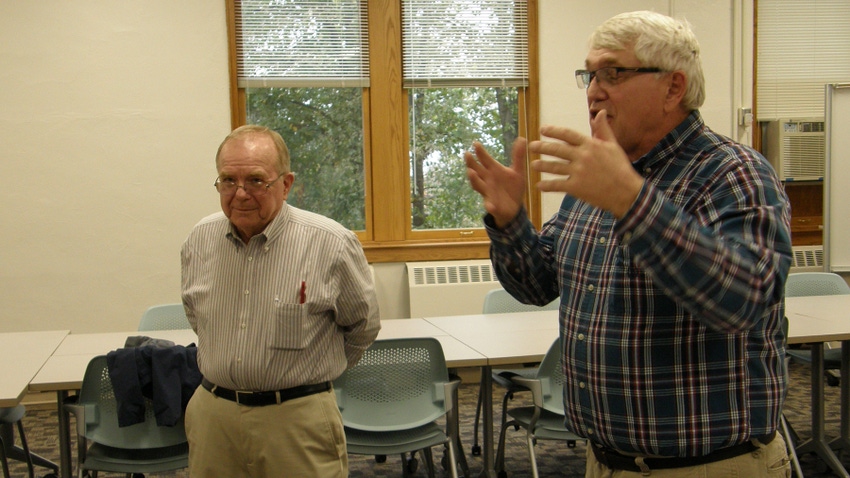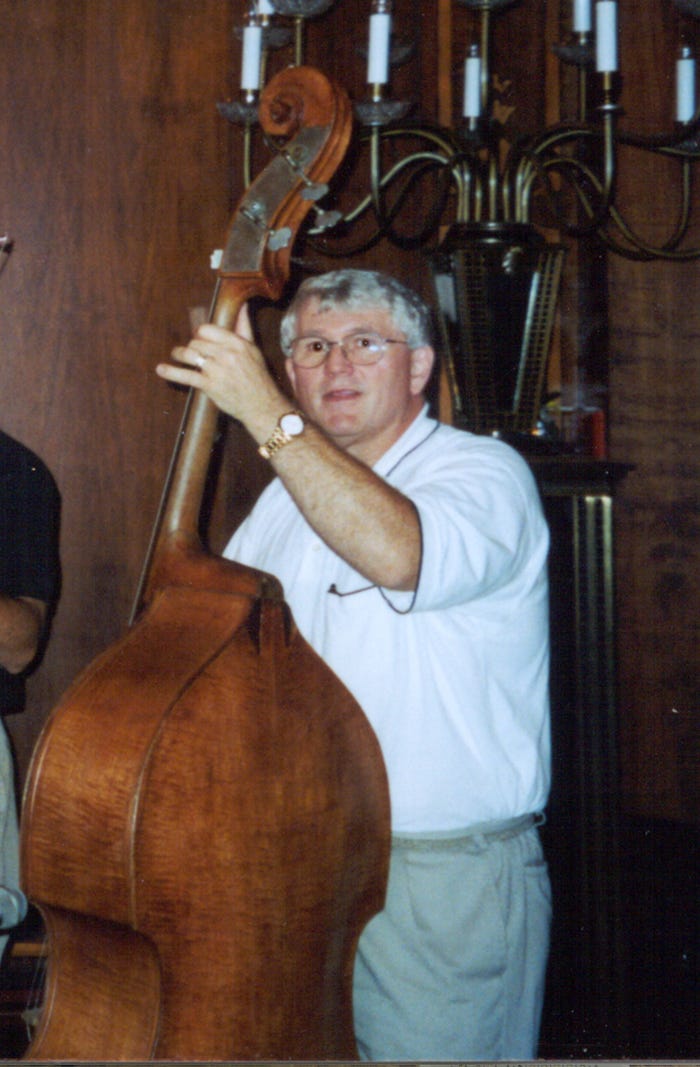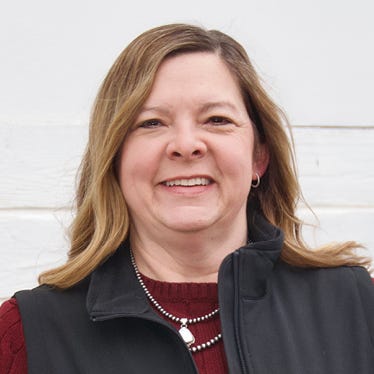March 16, 2023

Wanting to know why people work hard and die poor led to a career in helping Iowa farm families through both good and tough times. Paul Lasley’s work for the betterment of rural Iowa life is why he is being honored with the Iowa Master Farmer Exceptional Service award for 2023.
Growing up on a Midwestern farm, he knew he wanted a career examining how agriculture and rural communities are changing. He originally thought he wanted a career in the animal sciences, and thus his undergraduate degree is in animal husbandry from the University of Missouri.
After showing an interest in sociology, however, Lasley received his master’s degree in sociology, also from Mizzou. He then continued in schooling to attain his doctorate in sociology at the same college, and then applied for and accepted a job at Iowa State University. In July 1981, he began what was a 40-year career in the sociology department.
“One of the required readings in a rural sociology course was the 1969 presidential commission on rural poverty entitled ‘The People Left Behind.’ And suddenly lights started coming on as to why people work hard and die poor,” Lasley says. “This reading became very instrumental in directing my attention away from animal sciences and agronomy and to rural sociology.”
Rural life poll
Lasley started collecting information on Iowa counties and communities even before he joined the ISU faculty. By using the Census of Agriculture, he could see how many farms were where and what size they were, and then how these farms affected the communities around them.
In 1982, along with the Iowa Department of Agriculture, he set up the Iowa Farm and Rural Life Poll to get information on what was on the minds of Iowa farmers.
“It was about that time that I realized the go-go time of the 1970s was coming to a screeching halt,” he says. “I presented to several ISU staff members my concerns of what was likely to come for rural Iowa. It was about that time that it was obvious we were in for some very tough times.”
Through the first half of the 1980s, Lasley was surveying farmers every six months to know how farm life was, but then the poll became annual, which continues today. The overall objective of the Iowa Farm and Rural Life Poll is to understand how the ongoing changes in Iowa’s agriculture and rural areas affect farmers and rural society as a whole.
This poll examines opinions about current agricultural policies, land stewardship ethics’ assessments of the future of farming, research and Extension education needs and priorities; the incidence of off-farm employment, plans for the future; and the next generation of farmers.

MUSIC GIGS: Paul Lasley spent a lot of his spare time as a musician, and he has been part of several groups playing the bass. He’s currently taking fiddle lessons since the violin is a lot easier to carry around.
Lasley — and now Jay Arbuckle — work with academia, commodity groups and farm organizations to build awareness of what is going on around rural Iowa.
“Some of the factors affecting farmers were way out of producers’ control. Some people were just caught in a set of bad circumstances,” Lasley says. “Many of my former classmates and their families were taking out loans to expand the farm, and then they were going broke because of high interest rates and a poor economy.”
He used his training to talk to farmers about awareness and intervention in trying to avoid getting into tough situations. He also discussed this in rural communities to let the businesses be aware of what to expect throughout the farm crisis in the 1980s.
Lasley continued through his career to discuss with churches the need for reaching out to families in need of support, which included community support networks. “The local churches may not be able to do much to help the farm economy, but they certainly could do more with what I call ‘neighboring,’” he says. “‘Neighbor’ should be a verb rather than a noun. Through good times and bad times, being a good neighbor is important.”
Iowa resources
Once the farm economy wasn’t as much of a desperate concern, Lasley could return to talking about the resources important to making rural Iowa successful — the natural resources in the water and land; the human resources in the skills, abilities, and education; and how both are important for success in rural communities. “We need to know how to strengthen those for Iowa’s people and Iowa’s land,” he adds.
Lasley set the stage for how to help Iowa farmers during trying times. He’s taught students and others in academia, and Iowa leaders how to help others. On June 30, 2021, after 40 years of helping rural Iowa, he retired from his position at ISU. He is still helping others, though.
“Many issues of the ’80s have recently resurfaced,” he says. “We have to know how to restore prosperity in rural communities. Family farms aren’t any different than family-owned businesses on Main Street, as they face the same types of issues.”
Since his retirement he has continued to talk with church leaders, community groups and farm organizations about outside effects on their social institutions.
While things are much better than they were in the 1980s, Lasley says rural Iowans needs to continue to focus on what makes the communities strong and realize, “We are in this together,” to help make farm and rural life a benefit to Iowa’s population.
About the Author(s)
You May Also Like






